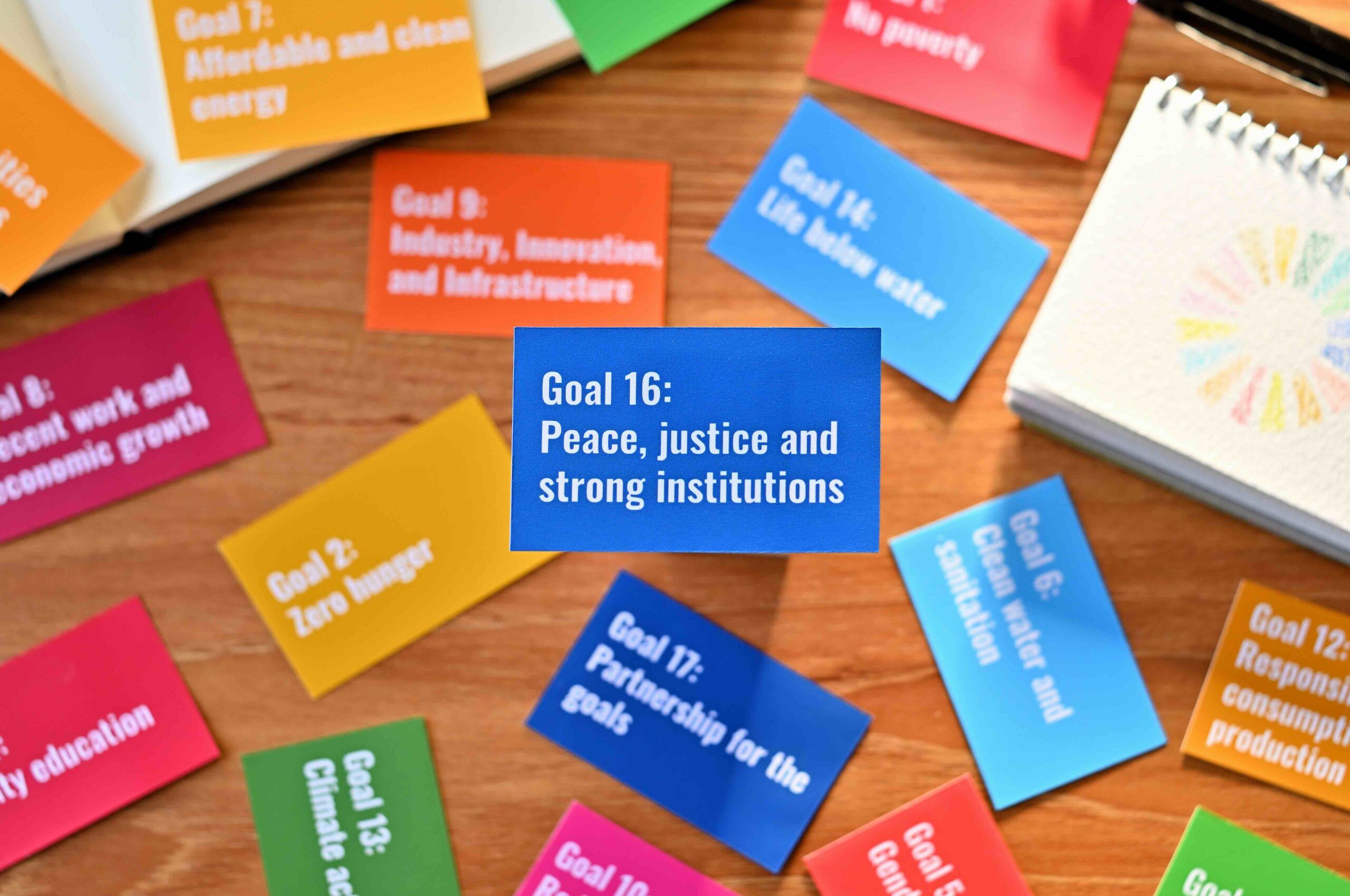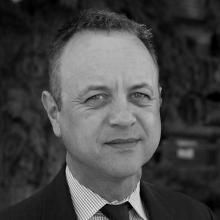
Array
(
[thumbnail] => https://s42831.pcdn.co/wp-content/uploads/2023/09/AdobeStock_431277015_reduced-150x150.jpeg.optimal.jpeg
[thumbnail-width] => 150
[thumbnail-height] => 150
[medium] => https://s42831.pcdn.co/wp-content/uploads/2023/09/AdobeStock_431277015_reduced-300x199.jpeg.optimal.jpeg
[medium-width] => 300
[medium-height] => 199
[medium_large] => https://s42831.pcdn.co/wp-content/uploads/2023/09/AdobeStock_431277015_reduced-768x510.jpeg.optimal.jpeg
[medium_large-width] => 768
[medium_large-height] => 510
[large] => https://s42831.pcdn.co/wp-content/uploads/2023/09/AdobeStock_431277015_reduced-1024x680.jpeg.optimal.jpeg
[large-width] => 1024
[large-height] => 680
[1536x1536] => https://s42831.pcdn.co/wp-content/uploads/2023/09/AdobeStock_431277015_reduced-1536x1020.jpeg.optimal.jpeg
[1536x1536-width] => 1536
[1536x1536-height] => 1020
[2048x2048] => https://s42831.pcdn.co/wp-content/uploads/2023/09/AdobeStock_431277015_reduced-2048x1360.jpeg.optimal.jpeg
[2048x2048-width] => 2048
[2048x2048-height] => 1360
[gform-image-choice-sm] => https://s42831.pcdn.co/wp-content/uploads/2023/09/AdobeStock_431277015_reduced-scaled.jpeg.optimal.jpeg
[gform-image-choice-sm-width] => 300
[gform-image-choice-sm-height] => 199
[gform-image-choice-md] => https://s42831.pcdn.co/wp-content/uploads/2023/09/AdobeStock_431277015_reduced-scaled.jpeg.optimal.jpeg
[gform-image-choice-md-width] => 400
[gform-image-choice-md-height] => 266
[gform-image-choice-lg] => https://s42831.pcdn.co/wp-content/uploads/2023/09/AdobeStock_431277015_reduced-scaled.jpeg.optimal.jpeg
[gform-image-choice-lg-width] => 600
[gform-image-choice-lg-height] => 398
)
SDG16+: A Call to Accelerate Action
- Uncategorized
On the eve of the High-level Political Forum, David Steven appeals to the SDG16+ community to respond to the call for Acceleration Actions for the SDG Summit. It’s time for all partners to make concrete commitments to peace, justice, and inclusion.
The High-level Political Forum is now just a few days away — the first ministerial review of SDG16 (also SDG10, the goal for inequality), under the theme empowering people and ensuring inclusiveness and equality.

And in 80 days, we have the first SDG Summit — a four-yearly event for Presidents and Prime Ministers that serves as the Olympics of the SDGs.
What can we achieve with these joint events? A review of progress made in the first four years of the agenda, certainly. But given the urgency of increasing peace, justice, and inclusion, we must also look forwards to demonstrate increased ambition for the second four years of the agenda.
On this week’s Bigger Call on SDG16+, Ambassador King — the President of ECOSOC — urged partners to leverage these joint events by using the HLPF as a springboard for the SDG Summit to accelerate meaningful action. She encouraged countries presenting their VNRs during the HLPF to focus on “real stories,” because “we can’t accelerate action if we are using the space for political sound bites that don’t paint the accurate picture of best practices and challenges.”
The President of the General Assembly has urged all countries “to come to the SDG Summit prepared to announce acceleration measures and specific, targeted next steps that respond to the urgency of the challenges we face, and give due consideration to trade-offs and synergies.”
A call for “accelerated action” is at the heart of the political declaration for the summit. The event itself will include “leaders dialogues” on entry points for acceleration and on a vision for 2020–2030 to “highlight critical actions for accelerating the achievement of the SDGs.”
A registry has been launched where governments and other partners can register acceleration actions — “initiatives voluntarily undertaken by countries and other stakeholders to contribute to a speeded up implementation of the 2030 Agenda.”
Four-part challenge:
1. Use the HLPF to amplify the PGA’s call for Accelerator Actions.
The HLPF features a formal review of HLPF, 54 Voluntary National Reviews, and over 100 side events on SDG16+ (see our festival guide for more details). As well as reviewing past progress, we need to use all of the events to look to the future, briefing speakers to identify their own Acceleration Actions and to commit to submitting them to the UN registry before the SDG Summit.
Governments should obviously explore their own commitment to accelerating action on SDG16+, but the registry is also open to civil society, the private sector, international organizations, and other partners. Regional groups and global partnerships could also make collective commitments.
2. Explore the full range of potential Accelerator Actions.
Four main types of action could be registered.
First, policy commitments. Strengthening the legislation on violence prevention, for example, or adopting new policies to increase transparency or promote inclusion.
Second, programming commitments. Expanding centers that provide justice to disadvantaged communities or implementing one or more of the INSPIRE strategies to end violence against children.
Third, financial commitments. Increased investment from governments, international donors, the private sector, or foundations. Or a commitment to shift existing expenditure towards evidence-based policies.
Fourth, the launch or expansion of new global or regional initiatives. We might see new commitments to tackle inequality and exclusion emerging from the g7+ summit, for example. Or see more countries respond to the Safe to Learn call to action.
3. Use our first movers to build momentum.
The justice community has already gathered commitments at the World Justice Forum, the Open Government Summit, the g7+ justice ministerial, and other events. Many countries are stepping up to end violence against children, with support from EndViolence, the SRSG, and other champions. The TAP network is gathering commitments from civil society organizations and grassroots activists from around the world.
Let’s officially register these as Acceleration Actions as soon as we can, using them to inspire others to follow. We can also then start to identify gaps, both geographical or issue-based, and find ways to fill them.
UN DESA is keen to work with us to track commitments as they are registered. At the Pathfinders, we are going to try and keep a rolling tally of who has registered what — please help us keep this up to date.
4. Get the message out as widely as possible.
Given the diversity of those working on the SDG16+ targets, we need to work hard to align our communications. The aim is not to speak with one voice — but for many voices to join a massed choir.
We would like to suggest convening those organizations willing to support the call for Acceleration Actions — we propose a quick meeting for those in New York on Wednesday 17 July at 3.30pm EST (venue TBC) and a call for those who are elsewhere on Tuesday 23 July (10 am EST).
Please get in touch to join this meeting or call.
We need to get all of our communication and advocacy teams briefed on this opportunity as well — getting the message both directly to our partners and more broadly through social media.
Finally, we will explore opportunities to celebrate and showcase commitments as they are registered, building momentum and reinforcing the call to action.
